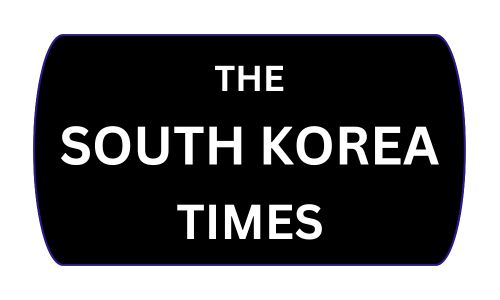In a decision that highlights the tech industry’s rapid evolution, a US judge has cited the rise of artificial intelligence as a primary reason for not imposing the harshest antitrust penalties on Google. The court ruled against a forced sale of the Chrome browser, arguing that AI chatbots are becoming a formidable competitive force against traditional search.
Judge Amit Mehta’s ruling explicitly links the lesser remedy to the growth of generative AI. He described advanced AI models as a “long-term threat to the search industry,” suggesting that market forces, driven by this new technology, could achieve what regulators sought to do through a breakup: create meaningful competition for Google.
This perspective represents a novel approach in antitrust jurisprudence, where the potential of a future technology is weighed against the need for immediate, drastic intervention. By accepting this argument, the court has essentially given Google a reprieve based on the innovation happening outside its own walls, at companies like OpenAI and Anthropic.
While Google avoids a breakup, it is still subject to penalties, including sharing search data with these very AI rivals. This creates a fascinating dynamic where the technology that saved Google from dismemberment is now being empowered by the court’s ruling. The decision firmly places AI at the center of the future of digital competition and regulation.
Court Cites AI as a Check on Google’s Power, Rejects Harsher Penalties
16

